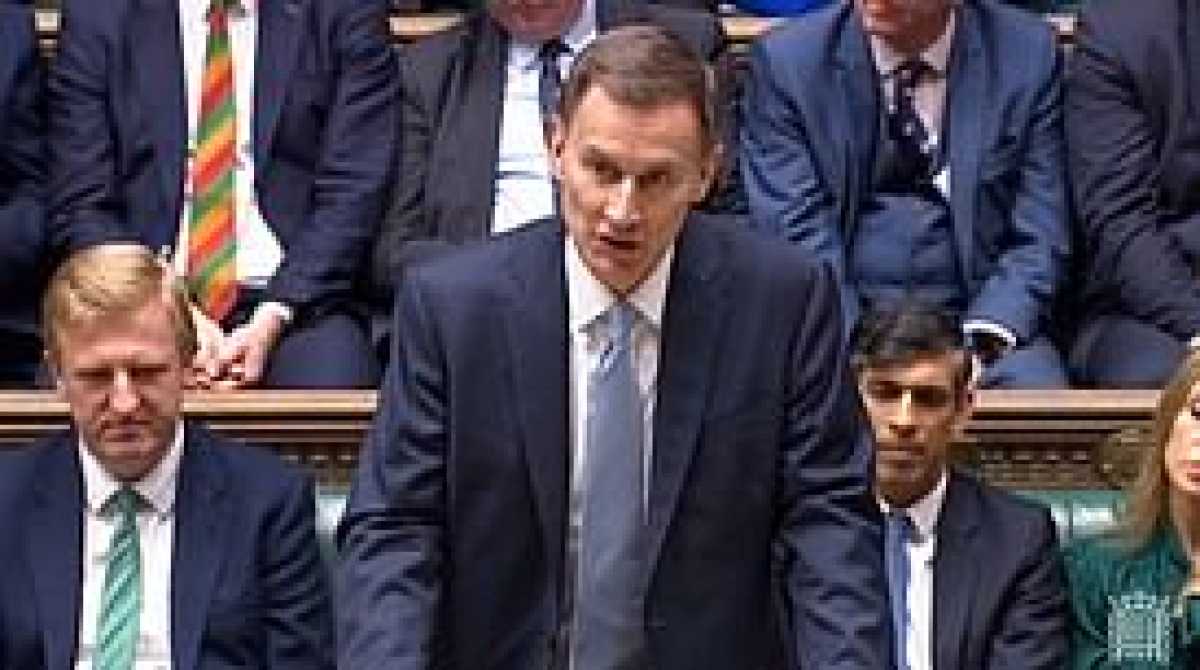Business
Chancellor Raises Child Benefit Threshold in Budget, Affecting Thousands of Families

In a significant move during the Budget announcement, the Chancellor of the Exchequer revealed adjustments to the Child Benefit thresholds, impacting numerous families across England and Scotland. Under the revised plan, individuals earning up to £60,000 annually will be eligible to receive full Child Benefit starting April.
The existing system, in which Child Benefit starts decreasing for those earning over £50,000, will see a notable change. Previously, households with one high-earning parent faced a reduction in benefit, while dual-income households earning below the set threshold received full support.
It has been reported that nearly 170,000 families with children aged under 16, or under 20 if in certain forms of education or training, will benefit from the updated policy. The Chancellor emphasized the importance of Child Benefit as a valuable aid offsetting additional costs for parents.
Moreover, the changes are anticipated to result in around half a million families saving an average of £1,260 in the upcoming year, owing to the increased taper and threshold. The Office for Budget Responsibility forecasts that these adjustments could lead to an equivalent of 10,000 more people engaging in full-time work.
However, concerns have been raised regarding the potential transition to a household-based assessment for Child Benefit by April 2026, following a consultation period. While many laud this as a step towards fairness, some, including the Women's Budget Group, express apprehension over the implications of such a shift.
Reacting to the Budget, Labour leader Sir Keir Starmer underscored that despite the positive amendments, the cost of childcare remains a significant challenge for millions of families across the nation.












